Building Bonds through Fetch: How the Simple Game Strengthens Your Connection with Your Dog
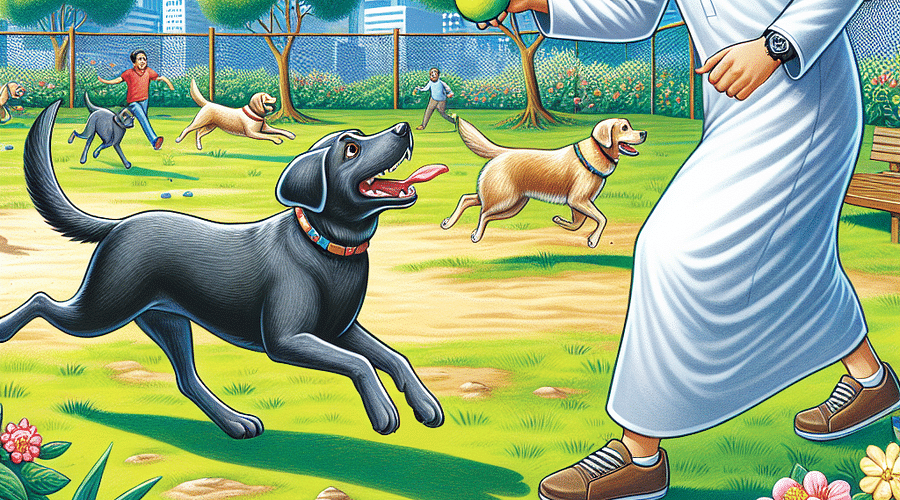
Understanding the psychology behind fetch also allows us to appreciate why some dogs might be more inclined towards it than others. Certain breeds have been selectively bred for their retrieving abilities – think Labradors and Golden Retrievers – which may make them more predisposed to enjoying the game. However, with patience and positive reinforcement, most dogs can learn to love fetch.
As you consistently reward your dog for retrieving the toy or ball, you're reinforcing their trust in you. They learn that good things happen when they listen and respond to your cues. This trust is fundamental in any aspect of training or companionship.
This process helps fine-tune your dog's ability to understand verbal commands and body language while giving you insight into how they learn best. Over time, this enhanced communication will permeate other areas of training and daily life.
Moreover, as you both become more attuned to each other's signals during playtime, it becomes easier for you to detect subtle changes in their mood or behavior – an invaluable skill for preempting potential issues or recognizing when something isn't quite right with their health or wellbeing.
The physical exertion involved in playing fetch helps tire out energetic dogs, leading to better behavior at home as well as improved sleep patterns for both pet and owner. Regular physical activity like this can also help keep joints healthy and improve overall muscle tone – beneficial at any age.
Incorporating these strategies into your routine will not only make games of fetch more enjoyable but will also deepen the bond between you and your four-legged friend. Stay tuned as we delve deeper into practical tips on enhancing your fetching sessions in the next half of our guide. [list: Top 5 most durable balls for an intense game of fetch]Fetch training goes beyond a simple ball and a throw. To optimize the experience for both you and your furry friend, consider incorporating specialized fetch toys that can increase engagement and provide mental stimulation. From frisbees designed for canine aerodynamics to interactive fetch machines that challenge your dog's speed and agility, the right tools can make a significant difference in your training sessions.
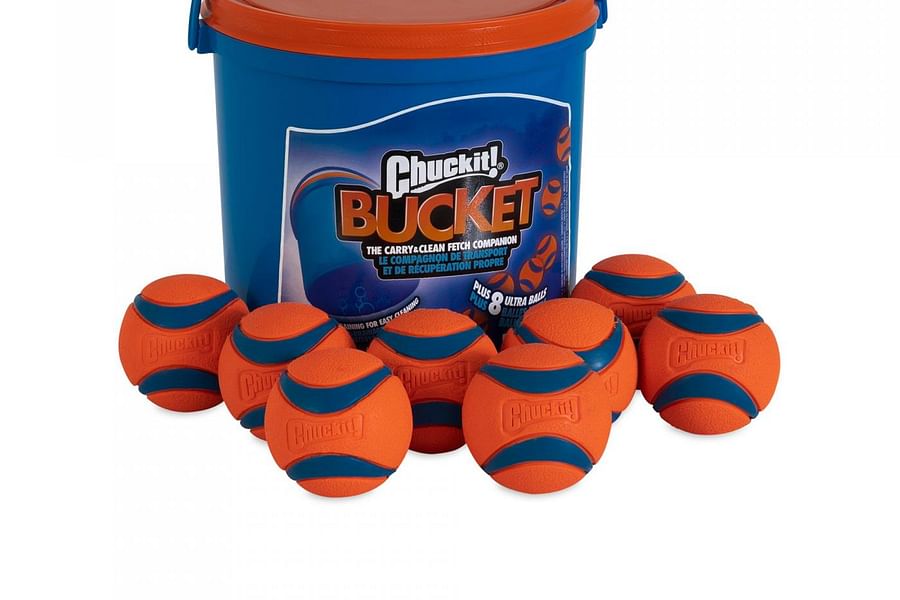


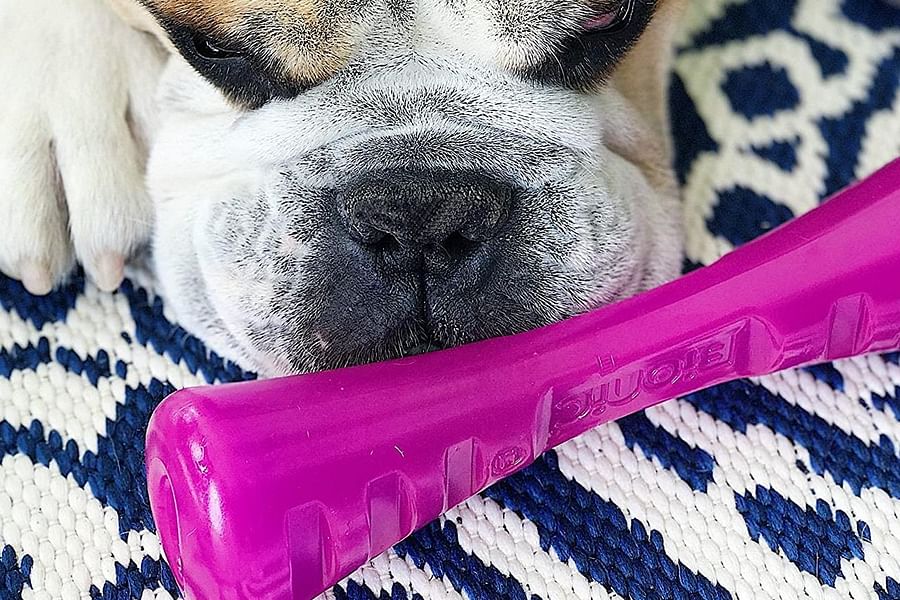
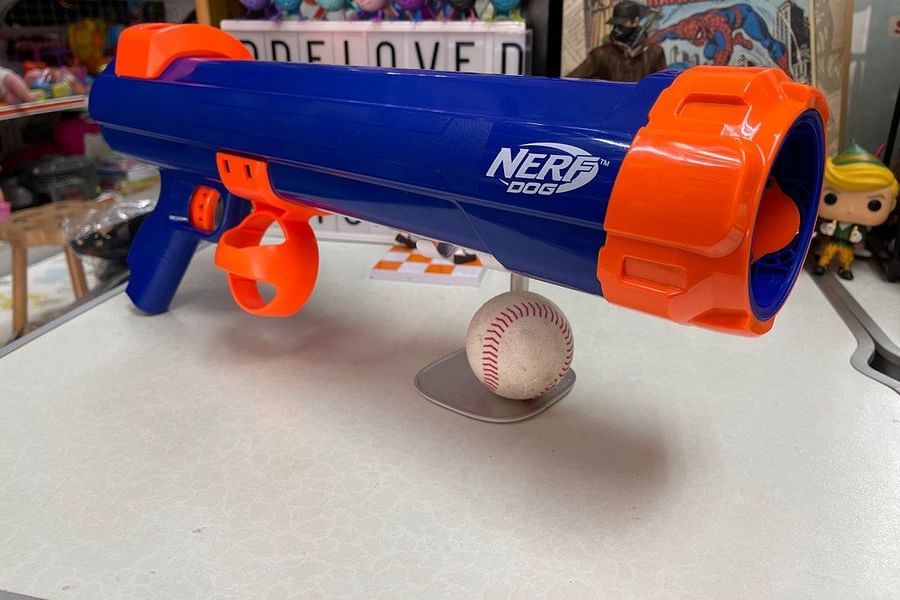

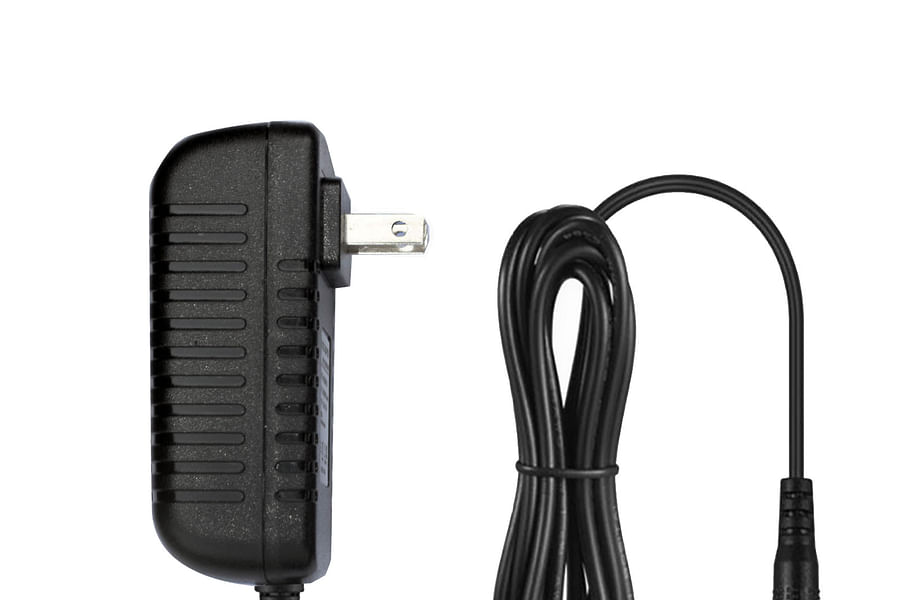



When selecting toys, keep in mind your dog's size, breed, and chewing habits. Durable rubber toys are great for vigorous chewers, while softer materials might be better for older dogs or puppies. Curious about which toy might be best suited to your dog's play style? Take our Fetch Training Style Quiz to find out.
Patience is paramount when it comes to teaching fetch. Dogs learn at their own pace, and it's important to celebrate small victories along the way. Consistent practice is key to solidifying the behavior, but remember not to overdo it. Short, frequent sessions are more effective than long, exhausting ones.
If you find yourself struggling with keeping sessions engaging, check out our article on how to keep your dog interested during fetch training sessions. It's filled with tips on how to mix up routines and add excitement back into the game.
Mistakes are part of the learning process—for both you and your pet. However, being aware of common pitfalls can save time and frustration. For example, avoid throwing objects too far too soon, which can discourage a dog who's still mastering retrieval at short distances. Also, refrain from scolding your dog for not bringing the toy back immediately; this can create a negative association with the game.
To ensure you're setting up for success from the start, familiarize yourself with our step-by-step guide on mastering the art of fetch. It'll help you lay down a solid foundation for this enjoyable activity.
"The beauty of fetch lies in its simplicity and its ability to morph into a complex dance of communication between you and your dog."
Incorporating these elements into your routine will strengthen the bond between you and your pet as you work together towards a common goal—perfecting the game of fetch. As you progress, consider taking our Fetch Training Mastery Quiz to gauge how far you've come and what areas might need more focus.
Remember that every dog is unique; what works for one may not work for another. Stay attuned to your dog's cues and be ready to adapt as needed. For those starting out with younger dogs or puppies, our guide on training them in fetch will be invaluable.
In essence, playing fetch is much more than just a game; it's an opportunity for growth, learning, and deepening the bond between human and canine companions. By following these guidelines—with patience, consistency, proper tools at hand—and avoiding common mistakes along the way—you'll discover that this timeless activity is not only fun but also incredibly rewarding.
The journey through fetch training will undoubtedly bring many joyful moments filled with excitement as well as peaceful times of quiet companionship with your loyal friend by your side. So grab that ball (or frisbee), head outside with an open heart full of anticipation for what each throw might bring in terms of connection with your beloved pet.
Post a comment